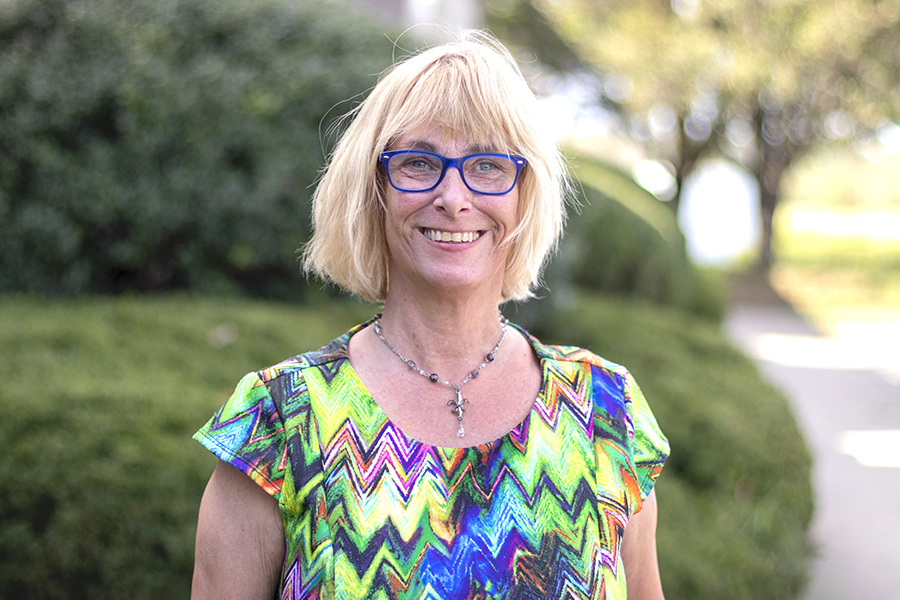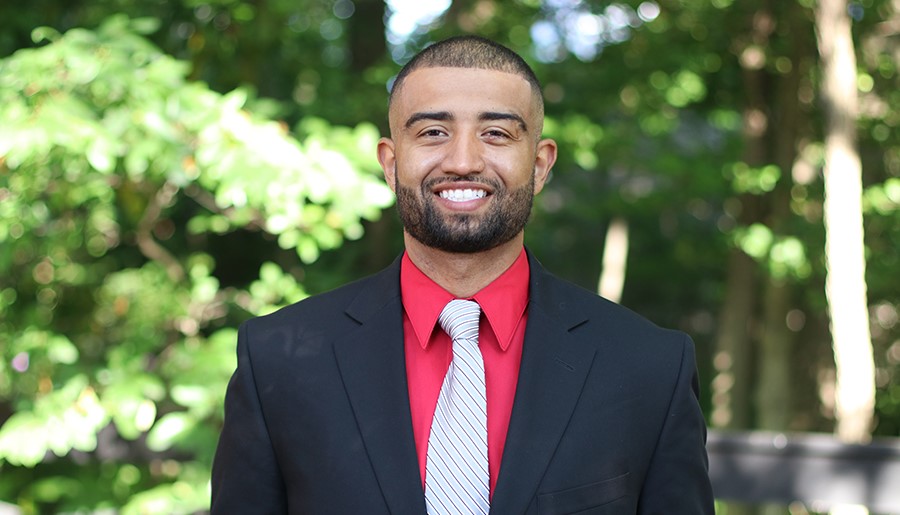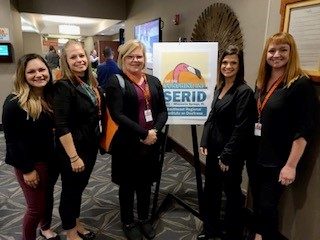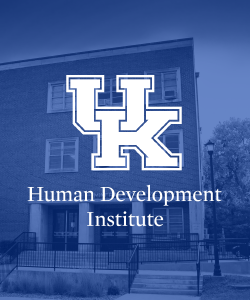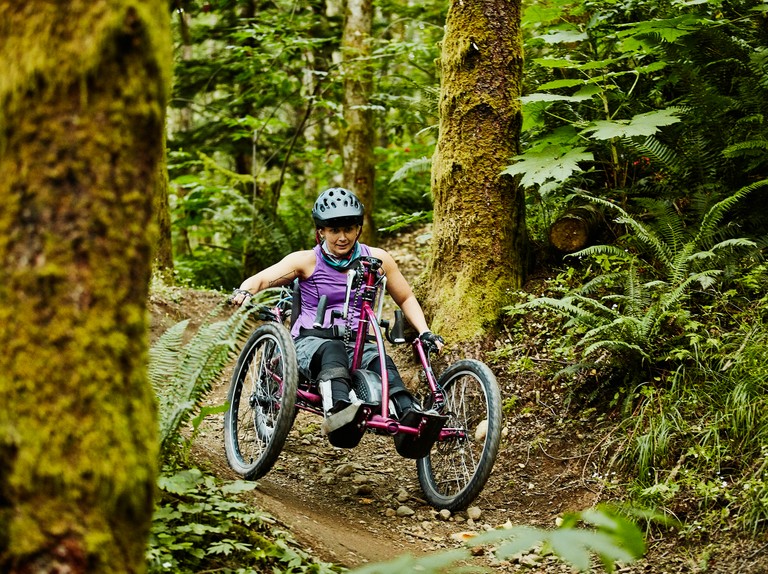“There’s only so much time on this earth, and the majority of our life is really spent asleep. Next to that, it’s spent at work,” said Dr. Nicholas Wright, UK Human Development Institute Director of Diversity, Equity and Inclusion. “So I want to make sure people understand they can be their authentic self. They can be genuine, and they have a sense that they matter here.”
The Human Development Institute (HDI) employs over 300 disability researchers, advocates, communication specialists and more at the University of Kentucky, collectively working toward a mission to build inclusive communities, address inequities and improve the lives of all who experience disability.
Dr. Wright entered the role of Diversity, Equity and Inclusion (DEI) Director at HDI in June 2022. He serves on HDI’s leadership team working on the institute’s strategic plan, conducting research, hosting diversity discussions for staff, teaching academic courses and serving as a direct resource for HDI researchers. Dr. Wright invites the wider UK medical and academic campuses to reach out to him as well with questions about accessible research, survey design, inclusive language training and more.
“I know that at times when we think about diversity and inclusion, they can become buzzwords to a lot of people. It’s just a part of their strategic plan–maybe part of the diversity statement. But I want people to know that the Human Development Institute is actually doing something,” said Dr. Wright.
HDI’s mission is grown and actualized through inbuilt reflexes for diversity, equity and inclusion. Its staff-initiated DEI committee, which will now work in partnership with Dr. Wright, works to hold the institute accountable to its purported DEI efforts. Two internal workgroups focus on the recruitment, retention and development of diverse identities, along with identifying and addressing the barriers preventing the advancement of underserved groups within the Institute.
As efforts flourished, HDI Executive Director Dr. Kathy Sheppard-Jones saw the evincive need for designated DEI leadership and expertise in order to sustain HDI’s kinetic growth in research and training initiatives and to further build the capacity of its staff. The candidate selection process for a DEI director was elaborate and thorough. All HDI staff were invited to give feedback in the candidate selection process.
“He’s engaging with our classes, getting to know staff, and doing a lot of listening. That will provide a great foundation to build upon across all of our work. I’m so glad that Dr. Wright is part of our HDI team,” said Sheppard-Jones.
A prominent focus of HDI’s DEI efforts at present is its recruitment process–from inclusive language in job descriptions to visibility in its job postings. With the support of the workgroups and the rest of the HDI leadership team, Dr. Wright is working toward an equitable representation of its staff as compared to state and national diversity data. The data-driven initiative is far more than a quantitative goal for the sake of a report, though, with the crux of HDI’s work culture built upon a familiar disability adage: nothing about us without us.
“I’m a multiracial man in my upper 20s that has a traumatic brain injury and is married. The reason why I say those things is because that is my background. That is the perspective that I view life through, and that is going to change the way I approach certain situations and certain questions.”
Diversity has many aspects that often intersect with each other, creating identities. A challenge, Dr. Wright notes, is that disability is often ignored in conversations about diversity and inclusion.
“Historically what’s happened is that decisions are made about people, and no person that the decision impacts is actually at that table making those decisions. It’s challenging to think what these people may want when we don’t have those perspectives represented,” Dr. Wright said.
“When we don’t have diversity, what happens is that questions come up, and if everybody in the room has the same or very similar experiences, perspectives or identities, the question isn’t answered holistically… Certain people are forgotten about and overlooked. That is a huge problem,” Dr. Wright said. “By having diversity, we get a more holistic answer. In this way, we can truly find solutions.”
With an extensive background in student affairs, including his role as director of a student accessibility office, Dr. Wright’s work thrives where accessibility, inclusion and education intersect. He emphasizes that he wants to continue working with students. In the fall semester, he taught HDI 350, a universal design course for undergraduate students and HDI 600/601, a graduate course and practicum connected with HDI’s LEND program.
We are all lifelong learners, Dr. Wright says. Wherever you are on your learning path–whether you have a PhD, an MD or you’re an undergraduate student—we can create inclusive spaces and do impactful work.
“I’m more than happy to provide training or however else we can do it with people in the University of Kentucky system. However, they want to reach out, I’m here to help,” he said. Dr. Wright can be contacted via email at nicholas.wright@uky.edu.
